
Find Help
More Items From Ergsy search
-

Will the increase in the National Living Wage affect inflation?
Relevance: 100%
-
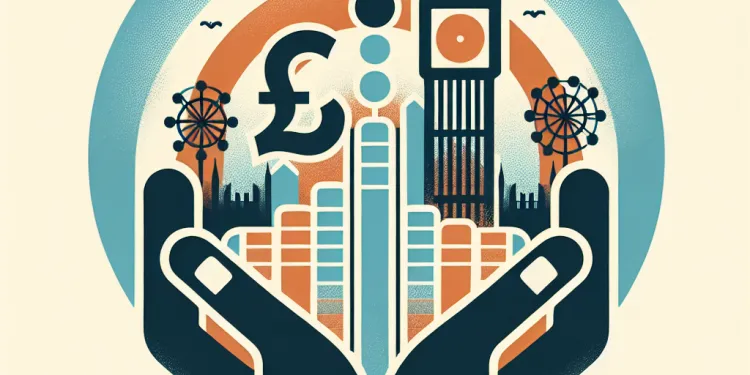
Why is the National Living Wage being increased?
Relevance: 84%
-
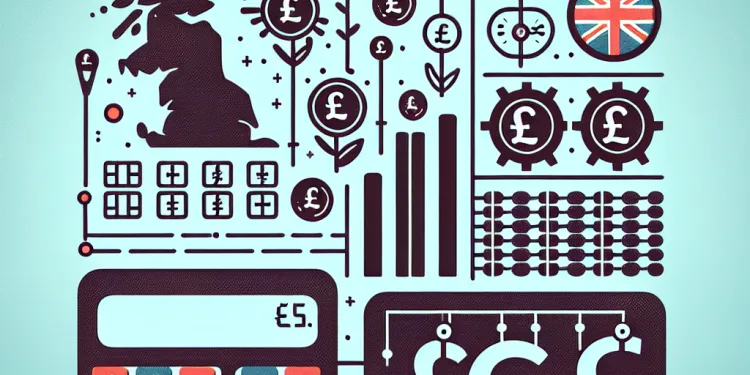
How is the National Living Wage calculated?
Relevance: 82%
-
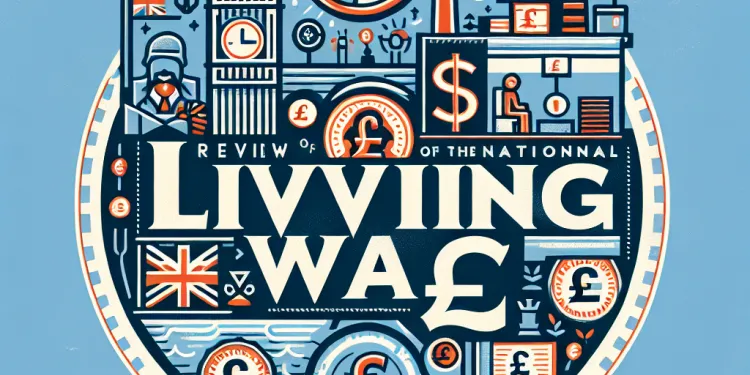
How often is the National Living Wage reviewed?
Relevance: 81%
-
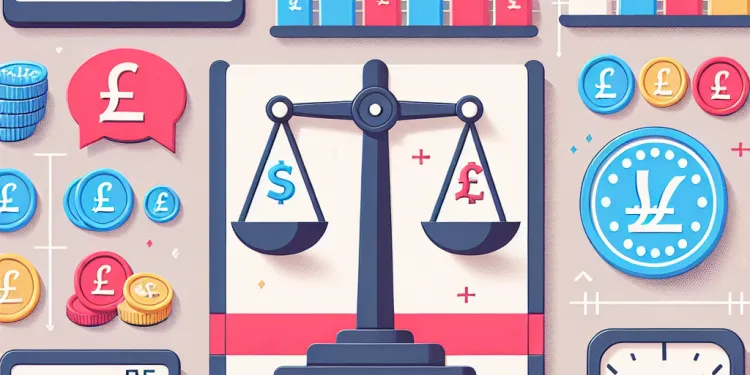
Is the Living Wage Foundation's rate the same as the National Living Wage?
Relevance: 80%
-
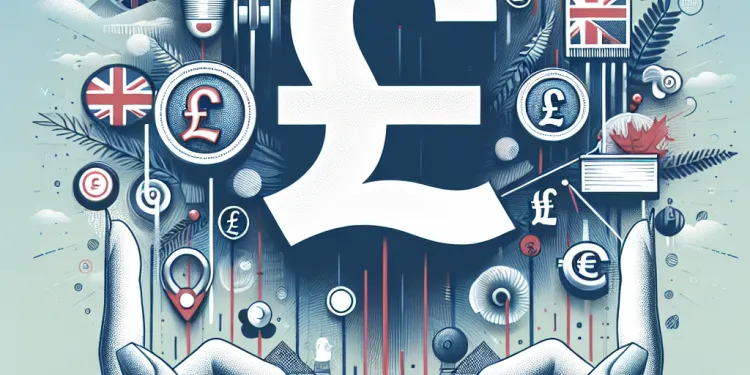
UK national living wage increase 2026
Relevance: 80%
-
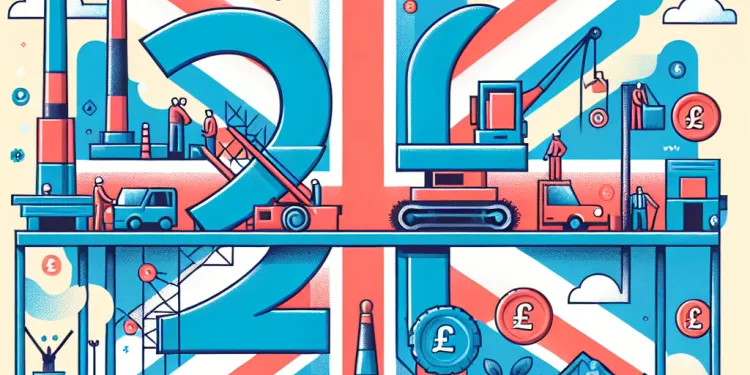
How does the National Living Wage differ from the National Minimum Wage?
Relevance: 76%
-
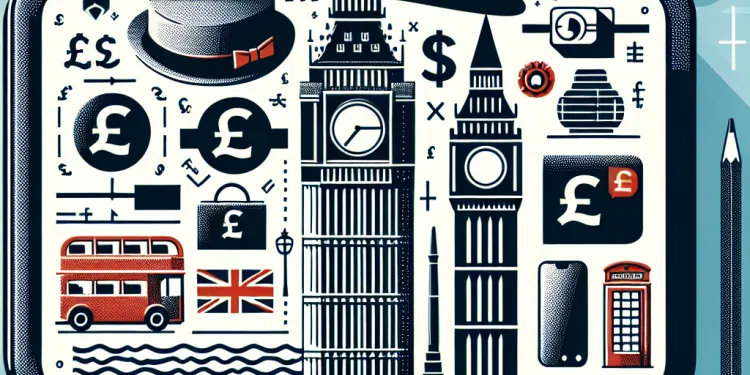
Who is eligible for the National Living Wage?
Relevance: 74%
-
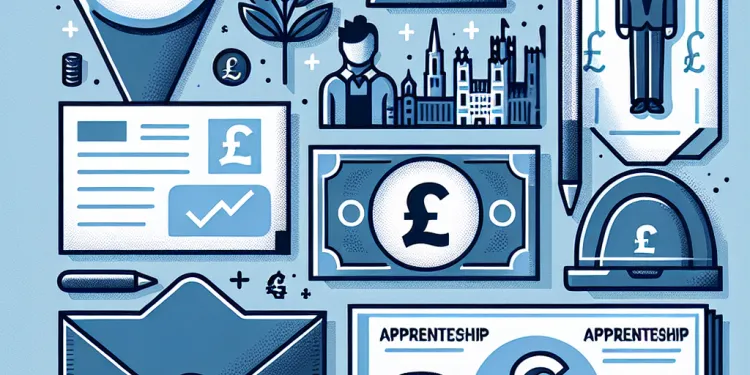
Are apprentices entitled to the National Living Wage?
Relevance: 73%
-
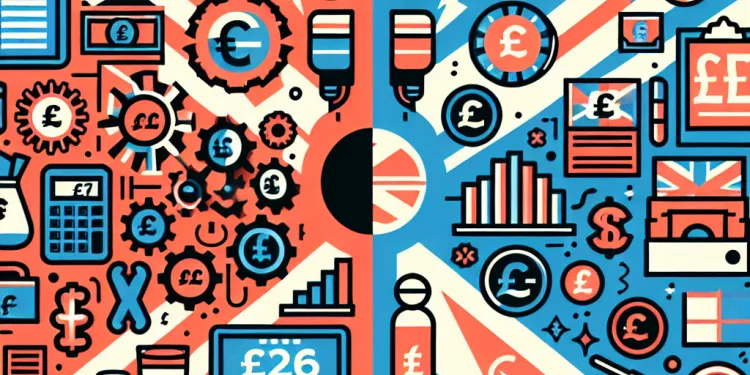
What is the new UK National Living Wage for 2026?
Relevance: 73%
-

How does the UK National Living Wage compare internationally?
Relevance: 70%
-

Are employers legally required to pay the National Living Wage?
Relevance: 69%
-

Are zero-hour contract workers entitled to the National Living Wage?
Relevance: 68%
-
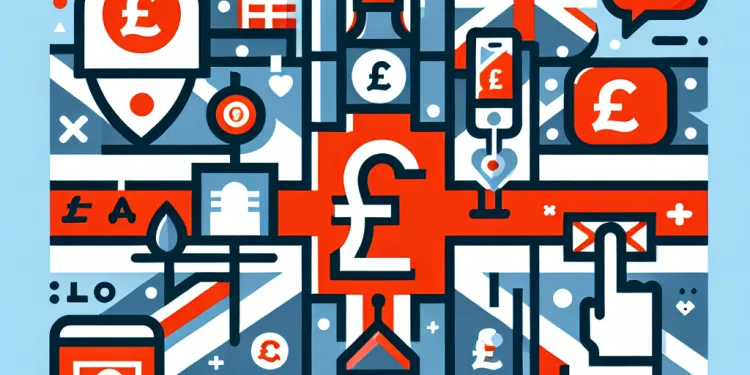
Where can I find official announcements on the National Living Wage?
Relevance: 67%
-
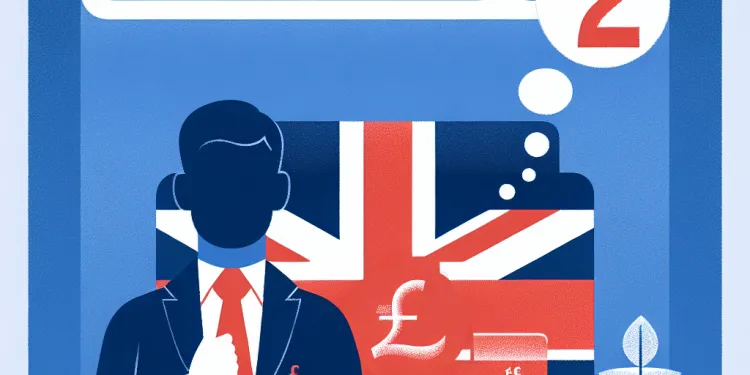
What happens if an employer pays below the National Living Wage?
Relevance: 64%
-
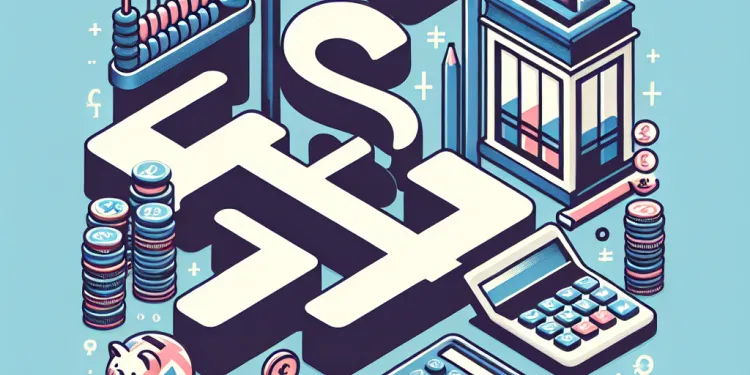
How can I calculate my new earnings based on the National Living Wage increase?
Relevance: 63%
-
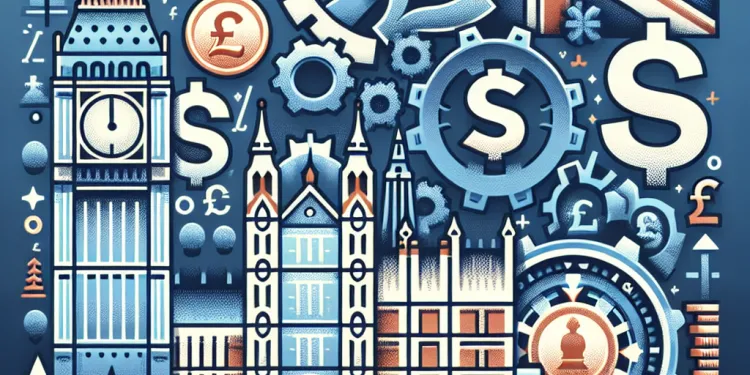
How often do wage rates change in the UK?
Relevance: 55%
-

Does the National Living Wage increase mean my taxes will change?
Relevance: 46%
-

Are firefighter pension benefits adjusted for inflation?
Relevance: 36%
-

Inflation Hits New High: How Shoppers Are Coping
Relevance: 36%
-
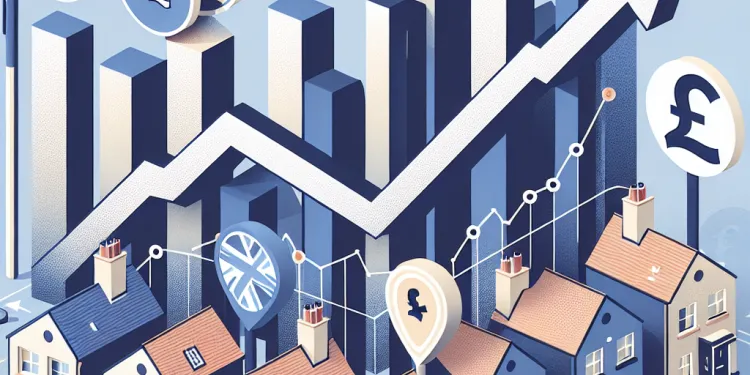
How does inflation affect the situation with housing benefits and rents?
Relevance: 34%
-
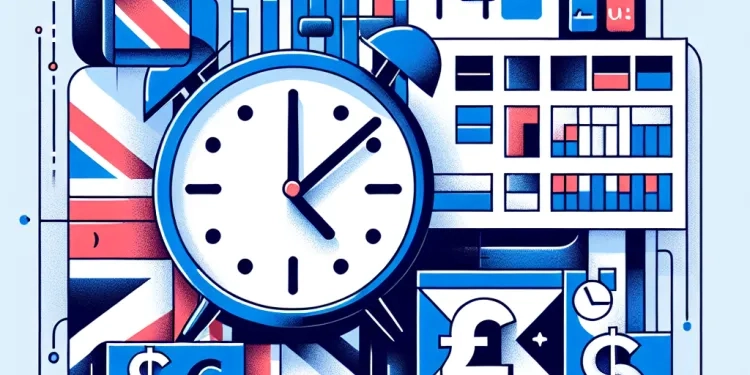
When will the new National Living Wage come into effect?
Relevance: 33%
-

Campaigners Urge Review of Child Benefit Rates in Light of Inflation
Relevance: 33%
-
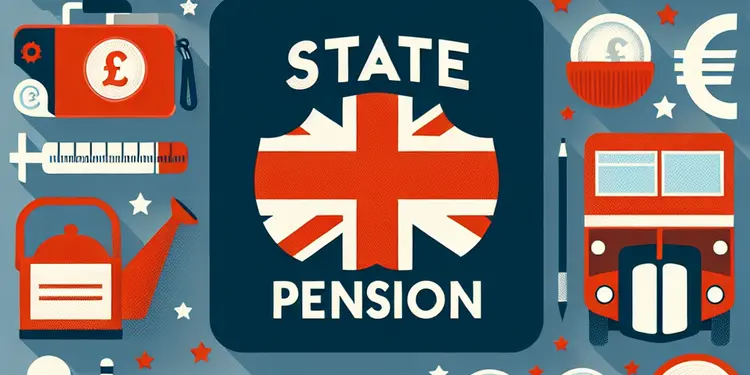
Is the basic State Pension enough to live on?
Relevance: 31%
-

Impact of Cost of Living on UK Communities
Relevance: 31%
-

Do gig workers have the right to a minimum wage?
Relevance: 30%
-
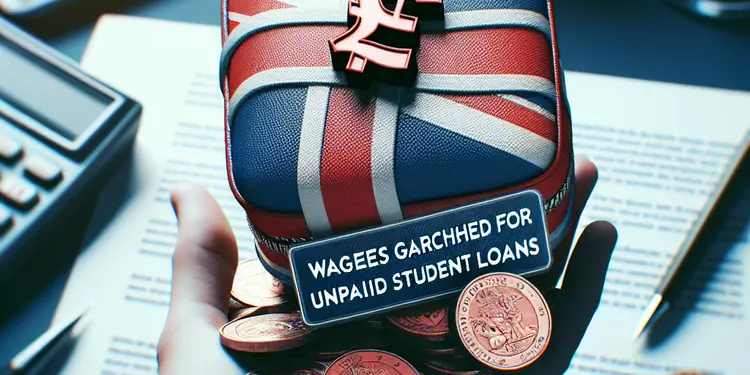
Can my wages be garnished for unpaid student loans?
Relevance: 30%
-

Government Support Schemes for Families Affected by Inflation
Relevance: 29%
-

What should I do if my employer does not pay the new National Living Wage?
Relevance: 29%
-
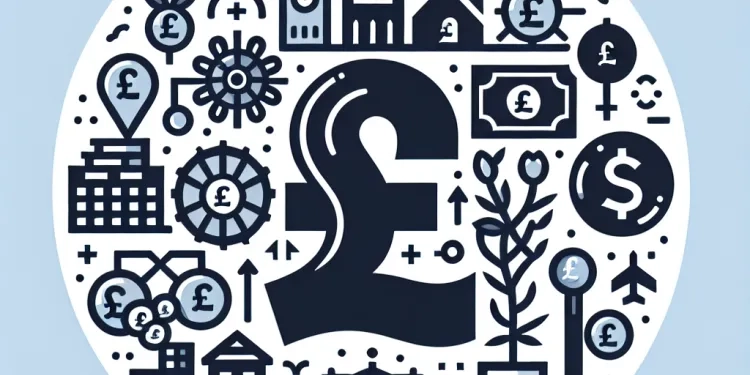
How does the National Living Wage increase impact small businesses?
Relevance: 29%
-

How Rising Living Costs Are Impacting Family Wellbeing
Relevance: 26%
-
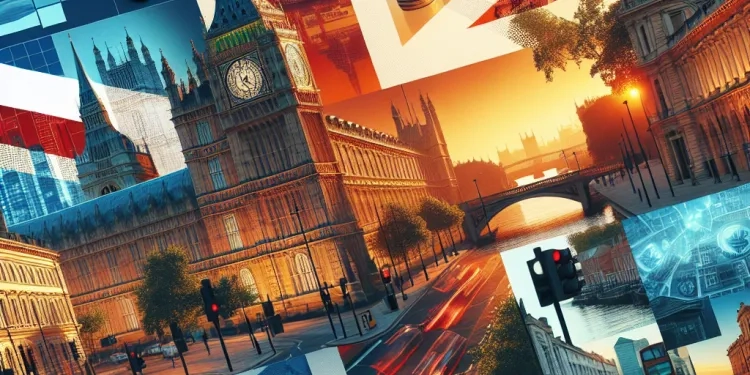
What is the National Trust?
Relevance: 25%
-
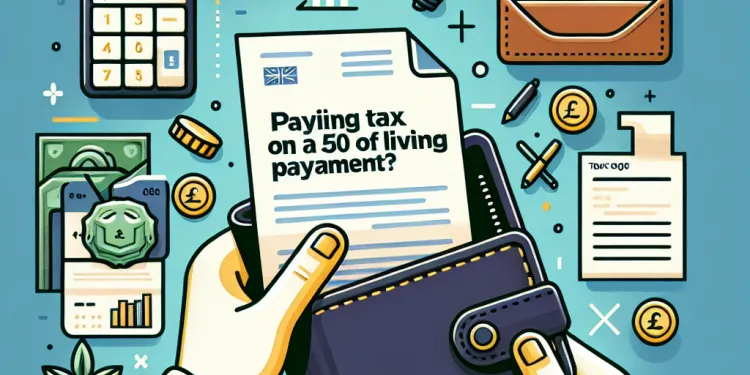
Do I need to pay tax on the £500 cost of living payment?
Relevance: 25%
-

Navigating the UK Cost of Living Crisis: Tips for Families
Relevance: 25%
-
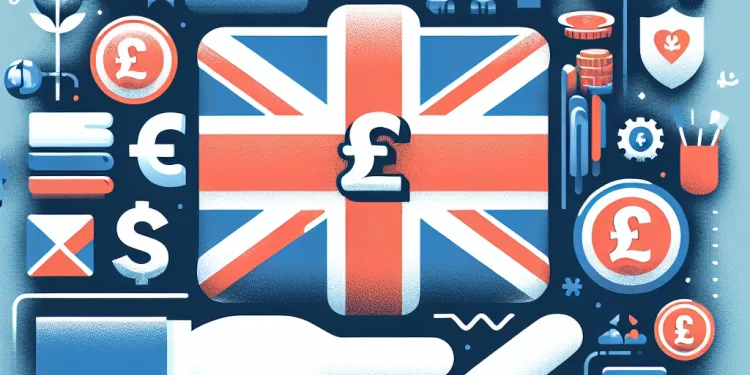
What are National Trust Jobs?
Relevance: 24%
-

Are there seasonal jobs with the National Trust?
Relevance: 24%
-

Understanding the Impact of Rising Living Costs on Family Welfare
Relevance: 23%
-
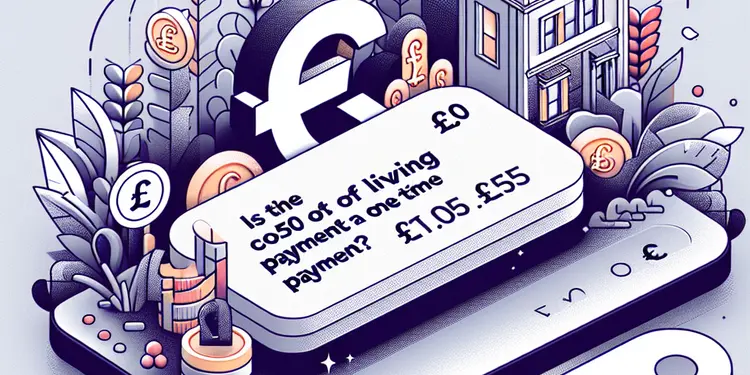
Is the £500 cost of living payment a one-time payment?
Relevance: 23%
-

Charities Warn of Food Insecurity Amidst Rising Cost of Living
Relevance: 23%
-

Does the National Trust offer internships?
Relevance: 23%
Understanding the National Living Wage
The National Living Wage (NLW) in the United Kingdom is a statutory minimum hourly wage for workers aged 23 and over. From April 2023, the UK government increased the NLW to £10.42 per hour. This move is part of an ongoing effort to improve the living standards of lower-paid workers amidst increasing living costs. However, this rise in the NLW raises questions about its potential impact on the broader economy, particularly in terms of inflation.
How Wage Increases Affect Inflation
Inflation, which is the rate at which the general level of prices for goods and services is rising, can be influenced by various factors, including wage increases. When wages rise, workers have more disposable income, which can lead to increased consumer spending. Higher demand for goods and services may push prices up if supply does not keep pace, contributing to inflation. This is known as demand-pull inflation.
Potential Impacts of Increased NLW on Businesses
For businesses, higher wages mean increased labor costs. Companies might respond by raising prices for their products or services to maintain profit margins, potentially contributing to cost-push inflation. Some businesses may also seek efficiency gains through automation or may reduce their workforce hours to manage costs. The impact varies across sectors, with labor-intensive industries such as retail and hospitality likely feeling the effects more acutely.
Counterbalancing Factors
While an increased NLW could contribute to inflationary pressures, these effects might be offset by several factors. For instance, improved productivity could mitigate the need to raise prices. Additionally, higher earnings can lead to a more vibrant economy, driving economic growth that absorbs inflationary pressures. Increased tax revenues from higher wages can also strengthen public finances, enabling government measures to curb inflation if necessary.
Monetary Policy Considerations
The Bank of England monitors wage trends as part of its mandate to maintain price stability. If wage-driven inflationary pressures become significant, the Bank may adjust interest rates to cool the economy. However, interest rate hikes have broader implications, potentially affecting investment and consumer borrowing. Thus, the Bank's approach needs to balance supporting economic growth with managing inflation.
Conclusion
Overall, while the increase in the National Living Wage will have some impact on inflation, it is one of many factors influencing price levels in the UK economy. The actual effect depends on how businesses and consumers respond to the wage changes, the state of the broader economy, and the Bank of England's monetary policy. The aim is to enhance living conditions without sparking undue inflation, a delicate balance for policymakers to maintain.
Understanding the National Living Wage
The National Living Wage (NLW) in the UK is the lowest hourly pay that workers aged 23 and older must receive. Starting in April 2023, the UK government raised this pay to £10.42 per hour. This is to help people with low wages have a better life because things are getting more expensive. But some people worry that this could make other prices go up even more.
How Wage Increases Affect Prices
Inflation means that prices for things we buy keep going up. When people earn more money, like with a higher NLW, they tend to spend more. If many people buy more things, shops might run out of items and then increase prices. This is called demand-pull inflation.
How Higher NLW Impacts Businesses
When businesses have to pay workers more money, they have higher costs. To make up for these costs, they might charge more for their products or services, which can also make prices go up. Some businesses might use more machines instead of people or cut down work hours to save money. These changes happen more in places like shops and restaurants where lots of workers are needed.
Other Important Factors
Even if a higher NLW might make some prices go up, other things can help balance it. If workers do their jobs better, businesses might not need to raise prices. Also, when people earn more, the economy can grow stronger, which helps manage rising prices. More money from taxes can help the government pay for things and control inflation.
Monetary Policy and Decisions
The Bank of England watches wage changes closely to keep prices stable. If wages make prices go up too much, the Bank might raise interest rates. This means borrowing money could cost more. The Bank has to make sure that the economy keeps growing while controlling how quickly prices rise.
Conclusion
The higher National Living Wage will affect prices, but it is just one of many things that change the cost of living in the UK. How much prices change depends on how businesses and people react, the overall economy, and what the Bank of England does. The aim is to help workers without making prices rise too much, which is a careful job for those making the rules.
Frequently Asked Questions
What is the National Living Wage?
The National Living Wage is the minimum hourly pay that workers aged 23 and over are entitled to by law in the UK.
How can an increase in the National Living Wage impact inflation?
An increase in the National Living Wage can lead to higher consumer spending power, which might drive up demand for goods and services, potentially causing inflation.
What factors influence the inflation rate?
Inflation is influenced by factors such as production costs, demand for goods and services, monetary policy, and supply chain disruptions.
Why do governments raise the National Living Wage?
Governments raise the National Living Wage to improve living standards, reduce poverty, and ensure fair pay for workers.
Could a higher National Living Wage reduce poverty?
Yes, increasing the National Living Wage can help lift workers out of poverty by providing them with more income to cover basic living costs.
What is inflation?
Inflation is the rate at which the general level of prices for goods and services rises, eroding purchasing power.
How does wage growth affect business costs?
Higher wages increase labor costs for businesses, which may result in higher prices for goods and services if businesses pass these costs onto consumers.
Is there a direct correlation between wage increases and inflation?
While there is a potential connection between wage increases and inflation, it is not always direct, as many other factors can also influence inflation.
How might companies react to an increase in the National Living Wage?
Companies might react by adjusting their pricing, seeking cost efficiencies, or investing in technology to offset higher labor costs.
Can an increase in the National Living Wage lead to job losses?
In some cases, higher labor costs might lead businesses to reduce their workforce or slow hiring, but it depends on industry and economic context.
What role does consumer demand play in inflation?
Increased consumer demand can lead to higher prices if supply does not keep pace, contributing to inflation.
Does a higher National Living Wage affect small businesses differently than large corporations?
Yes, small businesses may have less financial flexibility to absorb increased labor costs compared to larger corporations.
What are some potential positive effects of increasing the National Living Wage?
Positive effects may include reduced poverty, increased consumer spending, and improved worker morale and productivity.
How does the Bank of England respond to inflationary pressures?
The Bank of England may adjust interest rates or use other monetary policy tools to control inflation and maintain economic stability.
Could international events affect how a National Living Wage increase impacts inflation?
Yes, global economic conditions, trade dynamics, and currency fluctuations can also impact inflation alongside domestic wage policies.
What other policies can accompany a National Living Wage increase to mitigate inflation?
Policies such as support for productivity improvements, tax adjustments, and targeted subsidies can help mitigate inflationary effects.
How do expectations of future inflation influence current inflation?
If people expect higher future inflation, they may change their spending and pricing behaviors, potentially contributing to current inflation.
Can technological advancements offset the cost of increasing the National Living Wage?
Yes, technological advancements can improve productivity and efficiency, helping businesses control costs despite higher wages.
What is the difference between the National Living Wage and the Minimum Wage?
The National Living Wage applies to workers aged 23 and over, while the Minimum Wage covers younger workers of different age brackets.
What measures can businesses take to adjust to a higher National Living Wage?
Businesses can invest in training, streamline operations, explore automation, and re-evaluate pricing and product offerings.
What is the National Living Wage?
The National Living Wage is the money you get paid for your job. It is the lowest amount of money a worker can make. It helps make sure people have enough money to live.
Here are some tips to understand better:
- Ask someone you trust to explain it to you.
- Use pictures or charts to see how much money it is.
- Watch videos that explain it in a simple way.
The National Living Wage is the lowest money someone 23 years old or older should get paid each hour for work in the UK. It is a rule that everyone must follow.
What happens when the National Living Wage goes up?
If people earn more money from the National Living Wage, they can buy more things. This might make prices go up because more people want to buy goods and services. This is called inflation.
What makes prices go up?
Prices can go up for different reasons. These reasons can be:
- The cost to make things goes up.
- More people want to buy things.
- Rules about money change.
- Problems with getting products to stores.
You can use tools like picture books and audio recordings to help understand this topic better.
Why do governments make the National Living Wage higher?
The government makes the National Living Wage more money so that people can have better lives. When people earn more money, they can buy things they need, like food and clothes.
Higher wages help people pay for their homes and bills. It also helps make sure workers are treated fairly and can care for themselves and their families.
If you want to learn more, you can:
- Watch simple videos about money and wages.
- Ask someone you trust to explain more to you.
- Look for easy books at the library about jobs and money.
Governments make the National Living Wage higher to help people live better, reduce poverty, and make sure workers get fair pay.
Can raising the National Living Wage help people with less money?
The National Living Wage is the least amount of money people can be paid for their work. When workers earn more money, they have more money to spend on things they need, like food and clothes. This can help people who do not have much money.
Talking with someone about money or using pictures and charts can also help understand this better.
Yes, raising the National Living Wage can help lift workers out of poverty. It gives them more money to pay for things they need.
What is Inflation?
Inflation means that things cost more money than before. For example, if you could buy a toy for $1 last year, but this year the same toy costs $2, that's inflation.
Tools to help:
- Ask someone to explain with simple words.
- Use picture cards to understand better.
Inflation is when prices for things we buy go up. This means our money doesn't buy as much as before.
How do higher wages affect what a business has to pay?
When workers get paid more money, it costs businesses more. This might make businesses raise the prices of things they sell.
Do wages going up make prices go higher?
When people get paid more money, prices might go up. But it's not always that simple. Many other things can make prices rise too.
How will companies act if the National Living Wage goes up?
Companies might react by changing their prices. They may try to save money or use new technology to deal with paying workers more.
Will making the National Living Wage higher cause people to lose their jobs?
The National Living Wage is the least amount of money per hour that workers can be paid. When this amount goes up, some people worry it might mean fewer jobs.
Let’s think about why. If a company has to pay more money to workers, they might hire fewer people to save money. This can lead to job losses.
But, it can also mean good things. Workers have more money to spend on things they need. This can help shops sell more, and they might need more workers.
If you find this hard to read, there are ways to help:
- Ask someone to read it with you.
- Use a website or app to read it out loud.
- Break it into smaller parts and read a little at a time.
Sometimes, when it costs more to pay workers, businesses might hire fewer people or might not hire people as quickly. But this can change depending on the type of business and what's happening in the economy.
How does what people want to buy affect prices going up?
When more people want to buy things, prices can go up if there aren't enough products. This can make everything cost more money.
Does raising the National Living Wage affect small businesses and large companies in different ways?
This question is about how changes in pay might impact small and big companies. It asks if small businesses and large companies are affected differently when the National Living Wage goes up.
Here are some tools and tips that might help:
- Read Slowly: Take your time to understand each part of the question.
- Highlight Words: Highlight important words like "small businesses" and "large companies" to help focus on the main idea.
- Use a Dictionary: Look up words you do not know to understand them better.
- Ask for Help: If you don’t understand something, ask a friend or a teacher to help explain it.
Yes, small businesses might find it harder to pay more money to workers compared to big companies.
What good things might happen if the National Living Wage goes up?
Here are some good things that could happen if people get more money:
- People might have more money to buy the things they need.
- It could help people have a better life.
- Families might be happier and worry less about money.
Support tools:
- Use picture books to understand money better.
- Ask someone to explain any parts you find tricky.
Good things can happen. People might have more money, spend more, and work better. They might be happier at work too.
What does the Bank of England do when prices go up?
The Bank of England tries to stop prices from going up too fast. This is called "inflation."
Here are some ways they do it:
- They can make it more expensive to borrow money. This is called raising interest rates.
- They can also help people save money by giving them more money back when they save.
To help understand, use pictures or drawings. Talking to someone like a teacher can also help.
The Bank of England can change the interest rates to help keep prices stable. They may also use other tools to make sure the economy stays steady.
Can things happening in other countries change how a pay increase affects prices?
Yes, the economy around the world, how countries trade, and changes in money value can change prices. These things work with rules about pay in our country to change prices.
What other plans can help when the National Living Wage goes up to stop prices from rising too much?
When the National Living Wage gets higher, prices in shops can go up too. Here are some ideas to help stop that: 1. **Help for Small Businesses**: Give small shops and businesses some money help. This way, they can pay their workers more without raising their prices too much. 2. **Lower Taxes**: The government can make some taxes smaller. This means businesses won't need to charge more for things. 3. **Better Job Training**: Teach people new skills. Good skills help people get better jobs and earn more money. 4. **Price Controls**: Make rules so prices can’t go up too quickly. 5. **Support Programs**: Give extra help to families that need it, like food or house help, so they don’t spend more money when prices go up. Use tools like reading apps that read the words out loud or ask someone to read with you. These can help understand the ideas better.Policies like helping people work better, changing taxes, and giving money to those who need it can help stop prices from going up too much.
How does thinking about future price rises change prices now?
If people think prices will go up in the future, they might start buying more or charging more money now. This can make prices go up even more right now.
Can new technology help pay for higher wages?
Yes, new technology can help people work faster and better. This can help businesses save money even when they have to pay workers more.
What is the difference between the National Living Wage and the Minimum Wage?
The National Living Wage is the money you get paid for your work if you are aged 23 and older. It is like a rule to make sure you get a fair amount of money.
The Minimum Wage is the money you get if you are younger, starting from age 16. It also helps make sure you get a fair amount of money, but it is usually a bit less than the National Living Wage.
The government decides these amounts to help people who work. If you want help keeping track, you can use tools like budget calculators or money apps. These tools can show how much money you should get, and help you plan your spending.
The National Living Wage is the money you must get paid if you are 23 or older. The Minimum Wage is for younger people who are under 23.
How can businesses manage higher wages?
Businesses might need to pay workers more money because of a rule called the National Living Wage.
Here are some ways businesses can deal with this:
- Look at ways to save money in other areas.
- Make work faster or better to help save costs.
- Use technology to help staff work more easily.
- Offer more training so workers can do jobs better.
- Plan money carefully to make sure there is enough to pay everyone.
- Talk with staff to find good solutions together.
Businesses can do a few things to improve:
- They can teach their workers new skills.
- They can make their work run smoother.
- They can use machines to help with work.
- They can look at their prices and products again to make them better.
Tools that might help include simple apps or guides.
Useful Links
Have you found an error, or do you have a link or some information you would like to share? Please let us know using the form below.
-->
This website offers general information and is not a substitute for professional advice.
Always seek guidance from qualified professionals.
If you have any medical concerns or need urgent help, contact a healthcare professional or emergency services immediately.
Some of this content was generated with AI assistance. We’ve done our best to keep it accurate, helpful, and human-friendly.
- Ergsy carfully checks the information in the videos we provide here.
- Videos shown by Youtube after a video has completed, have NOT been reviewed by ERGSY.
- To view, click the arrow in centre of video.
- Most of the videos you find here will have subtitles and/or closed captions available.
- You may need to turn these on, and choose your preferred language.
- Go to the video you'd like to watch.
- If closed captions (CC) are available, settings will be visible on the bottom right of the video player.
- To turn on Captions, click settings .
- To turn off Captions, click settings again.
More Items From Ergsy search
-

Will the increase in the National Living Wage affect inflation?
Relevance: 100%
-

Why is the National Living Wage being increased?
Relevance: 84%
-

How is the National Living Wage calculated?
Relevance: 82%
-

How often is the National Living Wage reviewed?
Relevance: 81%
-

Is the Living Wage Foundation's rate the same as the National Living Wage?
Relevance: 80%
-

UK national living wage increase 2026
Relevance: 80%
-

How does the National Living Wage differ from the National Minimum Wage?
Relevance: 76%
-

Who is eligible for the National Living Wage?
Relevance: 74%
-

Are apprentices entitled to the National Living Wage?
Relevance: 73%
-

What is the new UK National Living Wage for 2026?
Relevance: 73%
-

How does the UK National Living Wage compare internationally?
Relevance: 70%
-

Are employers legally required to pay the National Living Wage?
Relevance: 69%
-

Are zero-hour contract workers entitled to the National Living Wage?
Relevance: 68%
-

Where can I find official announcements on the National Living Wage?
Relevance: 67%
-

What happens if an employer pays below the National Living Wage?
Relevance: 64%
-

How can I calculate my new earnings based on the National Living Wage increase?
Relevance: 63%
-

How often do wage rates change in the UK?
Relevance: 55%
-

Does the National Living Wage increase mean my taxes will change?
Relevance: 46%
-

Are firefighter pension benefits adjusted for inflation?
Relevance: 36%
-

Inflation Hits New High: How Shoppers Are Coping
Relevance: 36%
-

How does inflation affect the situation with housing benefits and rents?
Relevance: 34%
-

When will the new National Living Wage come into effect?
Relevance: 33%
-

Campaigners Urge Review of Child Benefit Rates in Light of Inflation
Relevance: 33%
-

Is the basic State Pension enough to live on?
Relevance: 31%
-

Impact of Cost of Living on UK Communities
Relevance: 31%
-

Do gig workers have the right to a minimum wage?
Relevance: 30%
-

Can my wages be garnished for unpaid student loans?
Relevance: 30%
-

Government Support Schemes for Families Affected by Inflation
Relevance: 29%
-

What should I do if my employer does not pay the new National Living Wage?
Relevance: 29%
-

How does the National Living Wage increase impact small businesses?
Relevance: 29%
-

How Rising Living Costs Are Impacting Family Wellbeing
Relevance: 26%
-

What is the National Trust?
Relevance: 25%
-

Do I need to pay tax on the £500 cost of living payment?
Relevance: 25%
-

Navigating the UK Cost of Living Crisis: Tips for Families
Relevance: 25%
-

What are National Trust Jobs?
Relevance: 24%
-

Are there seasonal jobs with the National Trust?
Relevance: 24%
-

Understanding the Impact of Rising Living Costs on Family Welfare
Relevance: 23%
-

Is the £500 cost of living payment a one-time payment?
Relevance: 23%
-

Charities Warn of Food Insecurity Amidst Rising Cost of Living
Relevance: 23%
-

Does the National Trust offer internships?
Relevance: 23%


